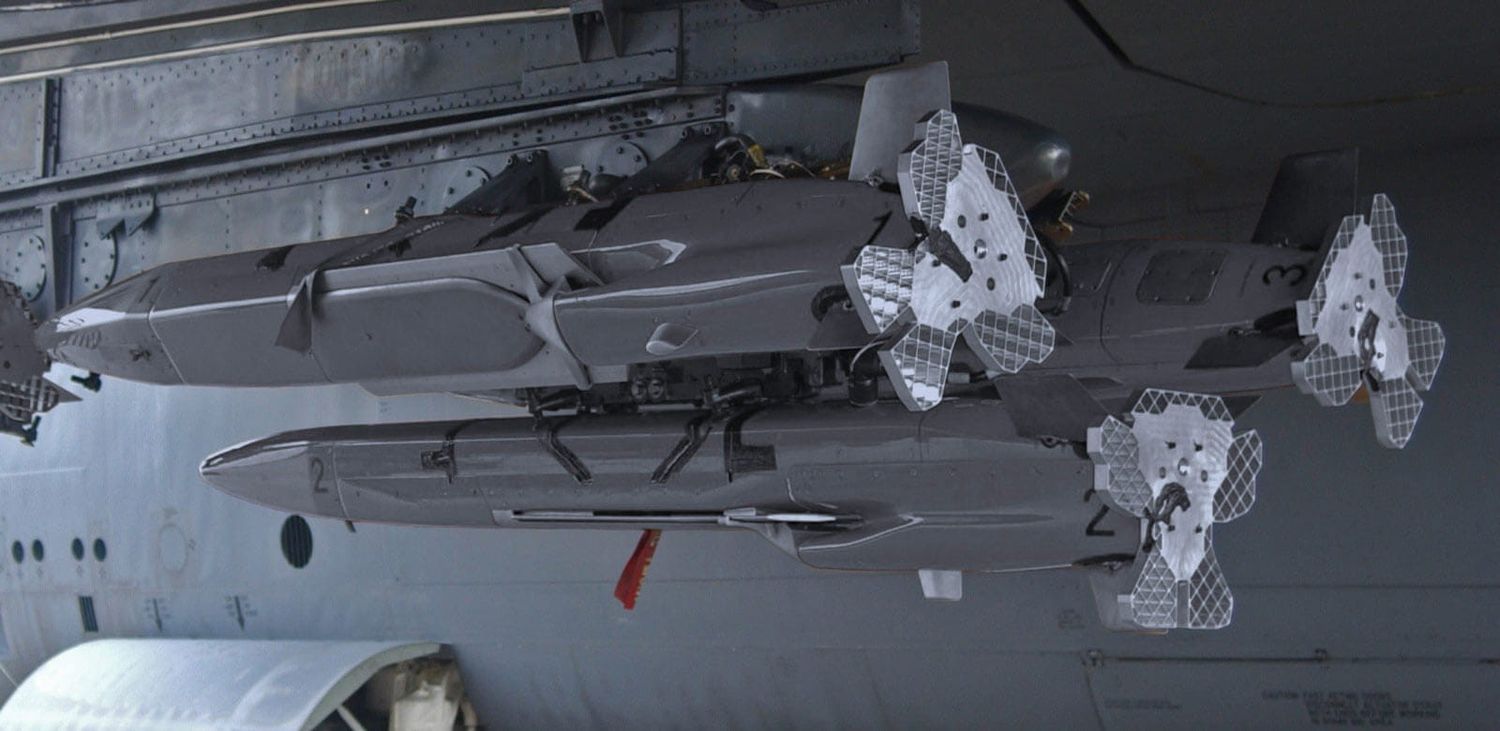The ADM-160B MALD in Ukraine: The Most Advanced Decoy on Earth is Not a Weapon, but a Game Changer
On May 12, images surfaced revealing remnants of an ADM-160B MALD (Miniature Air-Launched Decoy) in Ukraine. This discovery -should it be confirmed- brought into question the role of this «almost weapon» in the ongoing conflict.

The MALD is a programmable, autonomous flight vehicle with a unique ability to mimic US or allied aircraft, thereby confounding enemy Integrated Air Defense Systems (IADS). Despite lacking an explosive warhead or attack capability, its importance in an offensive role is significant.
The Decoy’s Evolution: From ADM-160A to ADM-160X
Conceived in the late 90s, the concept for the MALD was shaped by lessons learned during the Gulf War, specifically the need to infiltrate robust radar-guided anti-aircraft defenses. The initial model, the ADM-160A, faced budgetary and technical challenges, including limitations in range and transmission capacity.

In 2009, the more advanced ADM-160B was unveiled, boasting enhancements in both range and transmission. Its innovative Signature Augmentation Subsystem (SAS) uses active radar enhancers to imitate the radar signature of various aircraft, thereby deceiving defensive systems. This makes enemy anti-aircraft batteries, in the process of identifying and countering the perceived threat, vulnerable to anti-radiation missiles like the American AGM-88 HARM and the British ALARM.
But the game changed for good in 2016: enter the ADM-160C, or MALD J, that added to the Signature Augmentation Subsystem real Electronic Warfare capabilities. This made the 160C the first Stand-In Jammer to enter production.
The modular electronic warfare capability, initially called Cerberus, includes a range of interchangeable electronic warfare payloads, allows the MALD J to operate independently or in pairs, closer to its targets and to loiter in the target area, ensuring mission completion.
Newer versions are being developed; there’s a MALD X, enhancing current capabilities, and a MALD N, tailored for the US Navy‘s operational requirements. But let’s go back to the ADM-160B.
The Question of Who, The Question of How
The value of the ADM-160B lies in its ability to secure airspace cost-effectively. The decoy was typically launched from an F-16 or a B-52H and was planned for integration into the B-1B fleet. This raises the question: who deployed it in Ukraine?


As of 2022, the Ukrainian Air Force had integrated the AGM-88 HARM into its MiG-29 fleet. It’s plausible that the ADM-160B was also incorporated -in a remarkable secrecy- during this integration process. The large stock of the earlier version and the complexity of newer variants might have influenced the MALD B preference for the incorporation.
The purported use of the ADM-160B in Ukraine raises many questions that are yet to be answered. Regardless, the potential of the MALD, a powerful tool that skirts the line of being a weapon, is clear. Its deployment can provide a substantial advantage to the operator, proving its worth in the complex dynamics of modern warfare.


Comentarios
Para comentar, debés estar registrado
Por favor, iniciá sesión